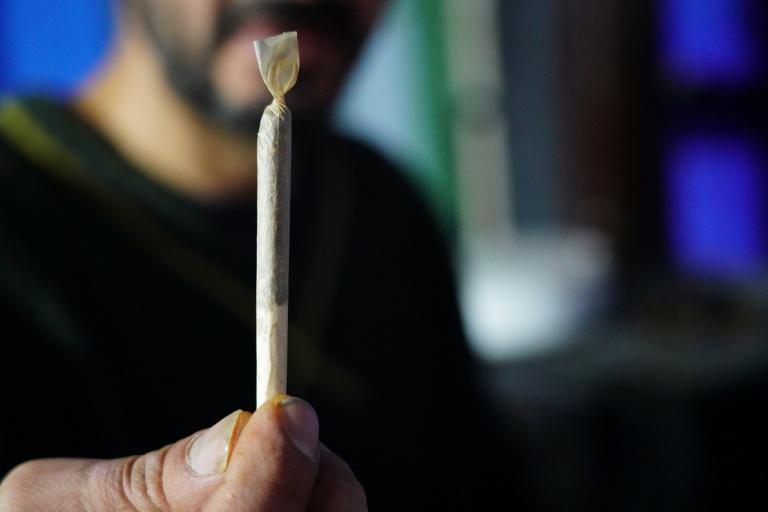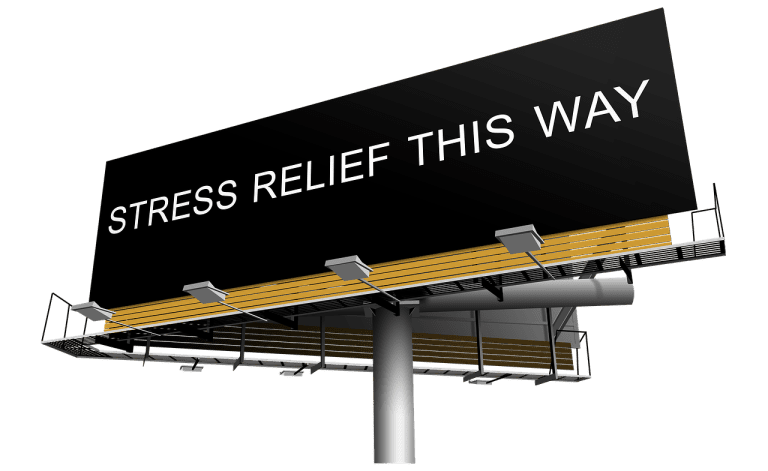Casual pot use… no big deal, right? Recreational marijuana use is increasingly being seen by teens as harmless. The term “recreational” itself implies it is safe and harmless.
But a new study says, hold on…marijuana use with teens is not harmless recreation. Over 68,000 adolescents (ages 12-17) participated in this JAMA reported study. The study included 3 group: 1) nonusers 2) users who did not meet a cannabis use diagnostic criteria 3) and those who qualify for Cannabis Use Disorder (CUD). Here is what the study found regarding the second group, recreational users who are not yet addicted:
- They are 2 to 3 times more likely to have depression and suicidal thoughts than those who do not use; those who have cannabis use disorder, meaning they can’t stop using despite health and social problems, are 4 times more likely to have depression and suicidal thoughts.
- Marijuana use was linked to not doing well in school, skipping school and getting in trouble with the police.
- The more you use it, the more negatively it affects your thinking.
This was not a causal study, rather a study that shows association. Often teens who are anxious will use cannabis to calm down. However, we know that continued use can also worsen mood symptoms and basically doesn’t address mood problems.* Still, teens should not be abusing any substances. Substances impact grey matter in the brain and THC found in cannabis is not healthy for the brain. Yet, teen use has risen to 17.9% (SAMSHA).
Cannabis use is associated with cognitive and executive functioning in multiple ways, e.g., working memory, judgment, self-regulation, decision-making and planning to name a few. Specifically, we see decreased attention and deficits in episodic memory. And most concerning are studies that show cannabis use and exposure is correlated with a 4Xs increase in adult psychosis.**
Recreational cannabis use is driven by multi-billion-dollar corporations with legal advocates who are concerned about profits, not health or mental health. The messaging to teens that this is somehow harmless is concerning. Brain development is impaired. So how about we teach teens that there are better ways to recreate! Substances are not a way to cope, blow off stress or relax when the teen brain is still under construction.
Additional sources:
*Mammen G, Rueda S, Roerecke M, Bonato S, Lev-Ran S, Rehm J. Association of cannabis with long-term clinical symptoms in anxiety and mood disorders: a systematic review of prospective studies. J Clin Psychiatry. 2018;79(4):17r11839. doi:10.4088/JCP.17r11839
**Arseneault L, Cannon M, Poulton R, Murray R, Caspi A, Moffitt TE. Cannabis use in adolescence and risk for adult psychosis: longitudinal prospective study. BMJ. 2002;325(7374):1212-1213. doi:10.1136/bmj.325.7374.1212



